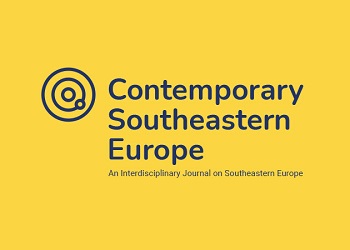Unification and Secession: How do Votes in International Organizations influence Cost-benefit Analysis?
Unification and Secession: How do Votes in International Organizations influence Cost-benefit Analysis?
Author(s): Alban LaukaSubject(s): Governance, Nationalism Studies, Inter-Ethnic Relations, Identity of Collectives
Published by: Universität Graz
Keywords: Unification;Secession;International Organizations;Votes;
Summary/Abstract: Unification or secession efforts, especially those based on nationalistic principles, have been made continuously since at least the 19th century,but the way states exert their influence on the international arena has undergone major transformations. Could these transformations change the motivation of certain states to unify or that of different regions to secede? What is the benefit of having one or more additional state representatives in international organizations? To answer these questions, this paper examines the importance that voting processes ininternational organizations can have for the cost/benefit calculations of states or particular regions in their national unification or secession efforts. After conceptually isolating the impact of state votes in international organizations as an instrument of foreign policy, the votes are calculated for the four case studies in their current state as well in case of potential unification or secession. The results suggest that, while votes in international organizations do award additional international influence to internationally recognized statehood, today this added value does not constitute an unaffordable cost for unification agendas.
Journal: Contemporary Southeastern Europe
- Issue Year: 3/2016
- Issue No: 1
- Page Range: 37-52
- Page Count: 16
- Language: English

